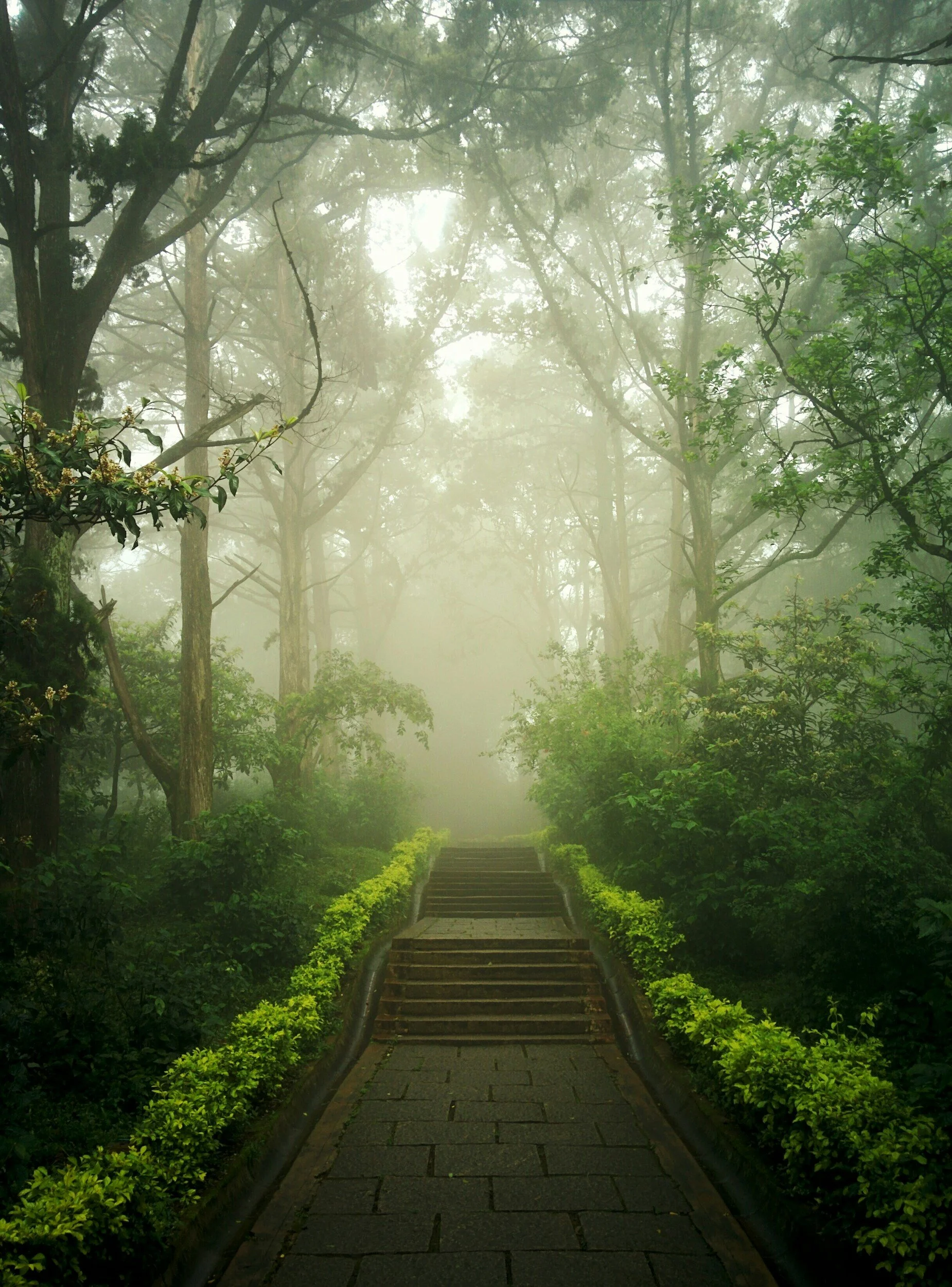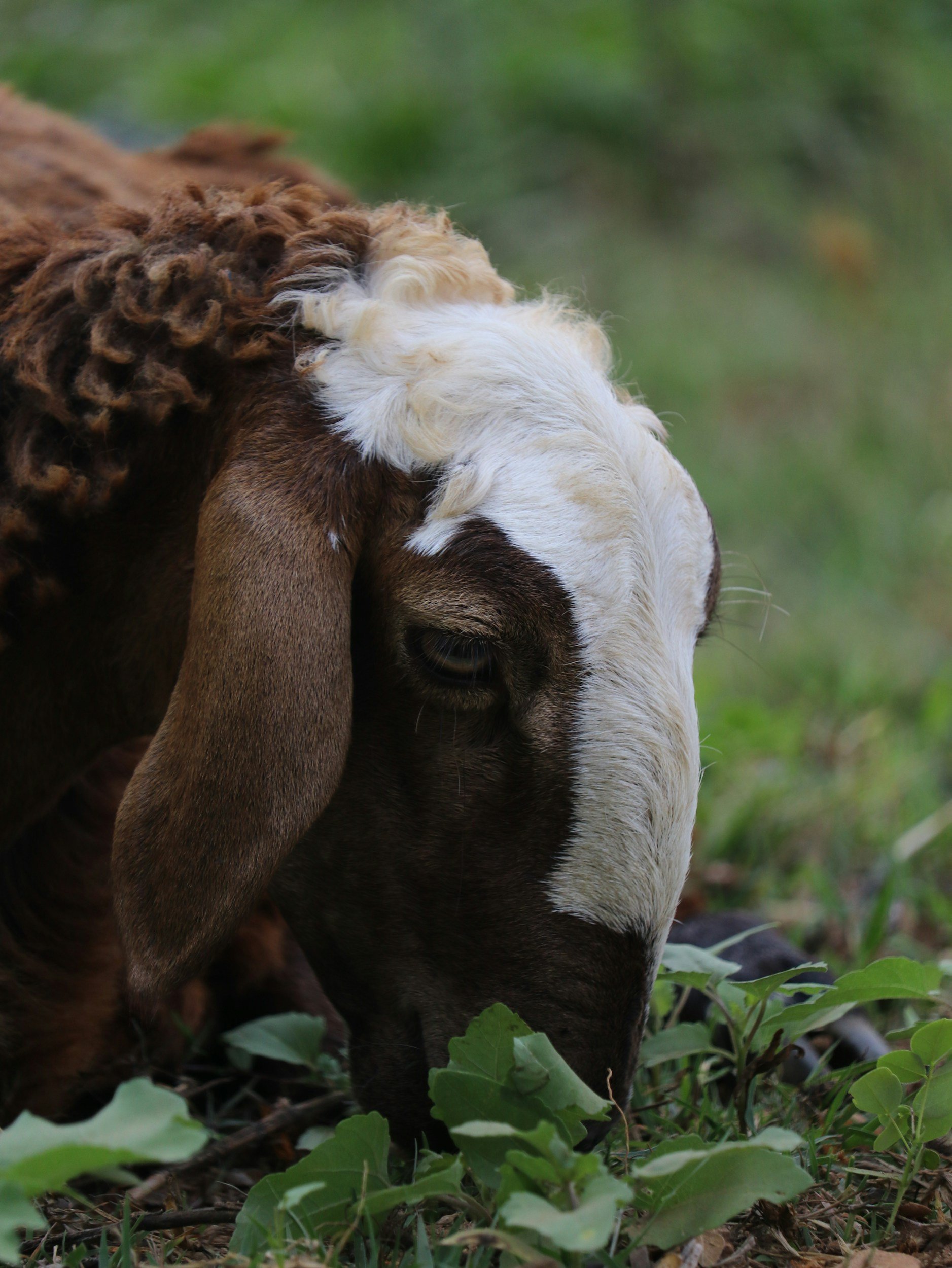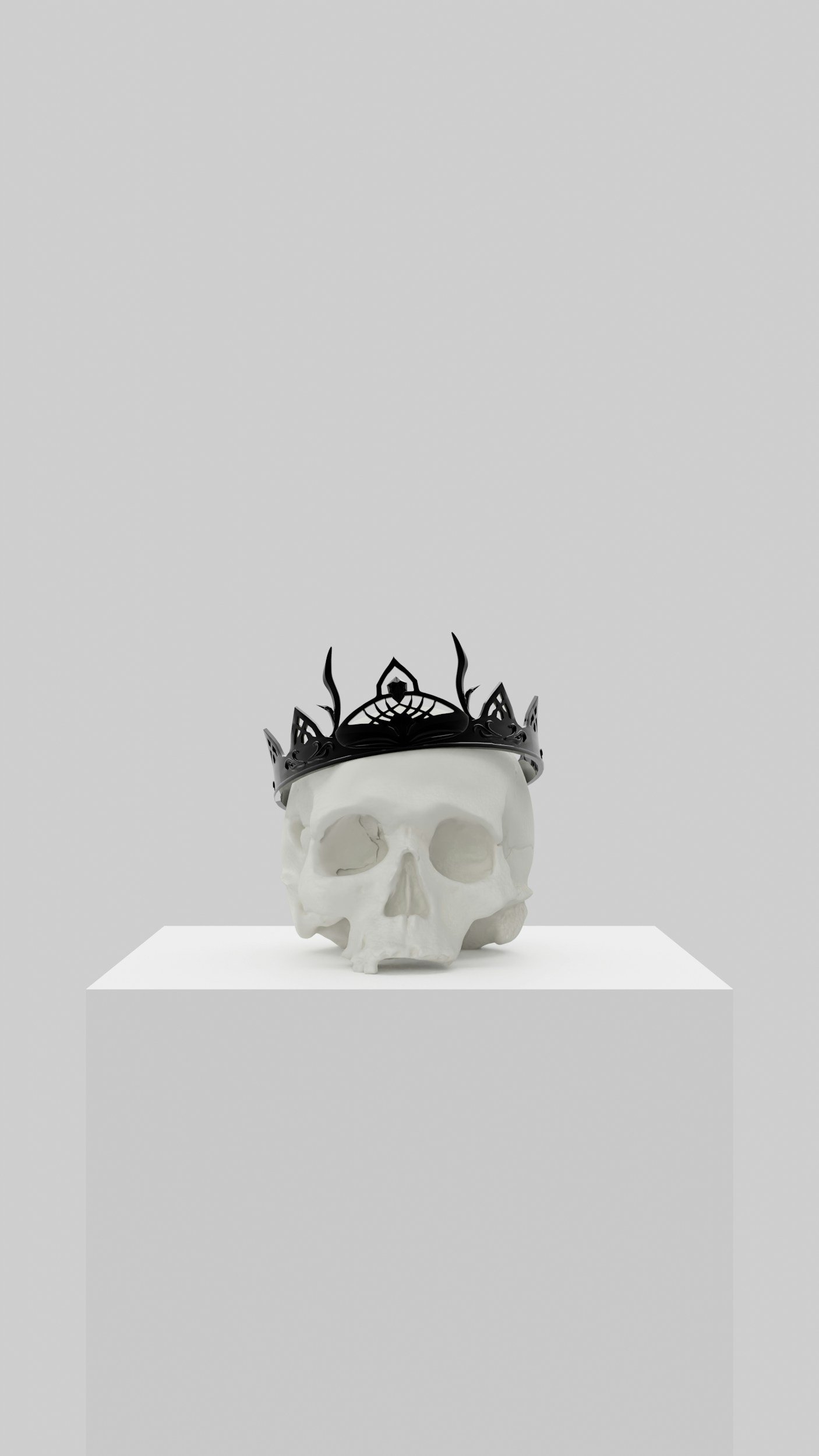What Happens When a Person Is Buried Face Down or Not Buried at All in Odinani (Why Is It Done?)
In Odinani, burial rites are deeply symbolic and hold serious consequences for the departed and the living. Among these practices, burying a person face down or not burying them at all is a significant act with deep spiritual implications. Far from being random or punitive, these rites are deliberate actions taken to sever the soul of the deceased from the cycles of life, reincarnation, and ancestry.
But why would this be done? What does it mean, and how does it connect to the broader spiritual ecosystem of Igbo people? Let’s explore this fascinating and layered topic.
The Role of Chi and Ajo Chi in Burial Practices
In Odinani, every person is believed to have a Chi, a personal spiritual force or divine fragment that acts as a guide and determines their destiny. A person's Chi is fundamental to their spiritual journey, both in life and after death.
However, when someone is deemed to have an Ajo Chi—a bad or malevolent Chi—it suggests that their actions in life were destructive, harmful, or deeply misaligned with the cosmic order. This could manifest in behaviors that disrupt the harmony of their family, community, or spiritual obligations.
For such people, the rituals surrounding their burial take on a different tone. To prevent their soul from returning to the cycle of reincarnation, contributing to the family lineage, or influencing future generations, specific measures are taken—one of which is burying them face down or not burying them at all.
Why Burying Face Down or Leaving Unburied Matters
In Igbo spirituality, the burial process is a very spiritual one that facilitates the transition of the soul to the ancestral realm. The way a person is buried directly impacts their ability to:
Join the Ancestors: Becoming an ancestor is one of the highest spiritual honors in Igbo cosmology. Ancestors guide and protect their living descendants, they serve as a bridge between the physical and spiritual worlds.
Reincarnate: Igbos believe in the cyclical nature of life, where souls return to their lineage to continue contributing to the family’s growth and evolution.
When someone is buried face down or not buried at all, it serves as a spiritual barrier that prevents their soul from achieving these two outcomes. Instead of ascending to the ancestral plane or re-entering the cycle of reincarnation, their soul becomes trapped in a state of spiritual limbo.
Akaogheli: The Formation of Malevolent Spirits
The consequences of improper burial extend beyond the individual. When someone with Ajo Chi is not allowed to reincarnate or join the ancestors, their soul risks becoming an Akaogheli, a malevolent spirit. These spirits are usually restless and disruptive, lingering in the physical world rather than transitioning to the spiritual realm.
An Akaogheli is not just a personal tragedy but a potential threat to the living. These spirits may manifest as:
Troublesome forces that cause chaos within the family or community.
Vengeful entities, seeking retribution for perceived wrongs.
Spiritual obstacles, blocking progress, harmony, or growth in those they left behind.
The Philosophical Underpinnings of This Practice
At its core, this practice reflects the Igbo worldview of balance, harmony, and accountability. Life and death are not seen as isolated events but as interconnected phases of a larger spiritual journey. The way one lives directly influences their treatment in death, and their actions can ripple through their lineage for generations.
When proper burial rites to someone with Ajo Chi was denied, Igbo ancestors culturally reaffirmed the importance of living in alignment with spiritual and communal values. It is a reminder that every action carries consequences, not just in this life but in the afterlife as well.
A Warning and a Lesson for the Living
The act of burying someone face down or not at all is as much a statement to the living as it is a spiritual measure against the deceased. It serves as a stark warning:
Live honorably: To secure a place among the ancestors—Ndi Ichie, and ensure your soul's peaceful journey, live in alignment with truth, justice, and community values.
Respect spiritual boundaries: Breaking taboos or betraying sacred covenants carries consequences not only in life but also in death.
For Igbos, the soul is a gift, and how one nurtures or neglects it determines their spiritual legacy.
The Fragility of Spiritual Balance
The practice of denying burial rites or performing them in ways that disrupt spiritual continuity underscores the fragility of balance in Igbo cosmology. Just as a single action can uplift a lineage, so too can a single misstep bring disorder.
In the past, when someone was buried improperly (in this specific context), the message was clear: their life choices were so disruptive that they could not be allowed to influence future generations. It was a painful yet necessary act to protect the larger community from the lingering effects of their Ajo Chi.
A Complex but Purposeful Tradition
Though harsh, the practice of burying someone face down or leaving them unburied is not done out of cruelty but out of necessity as a protective measure—to maintain balance, uphold sacred laws, and protect the living from the dangers of a corrupted soul. Though a much deeper interrogation of these practices begs the question of whether or not the goal to maintain harmony is truly achieved in the long term, especially if such practices give such souls an in to become malevolent forces, disrupting the peace of the community.
In the end, this tradition speaks to the heart of Igbo spirituality: the importance of living a life that honors the sacred connection between all things. When one is aligned with their Chi and contributes positively to their family and community, they secure not only their legacy but also their soul's rightful place in the eternal cycles of existence.
Ihe onye metara o buru: Whatsoever one's actions are, they must be prepared to face the consequences.












